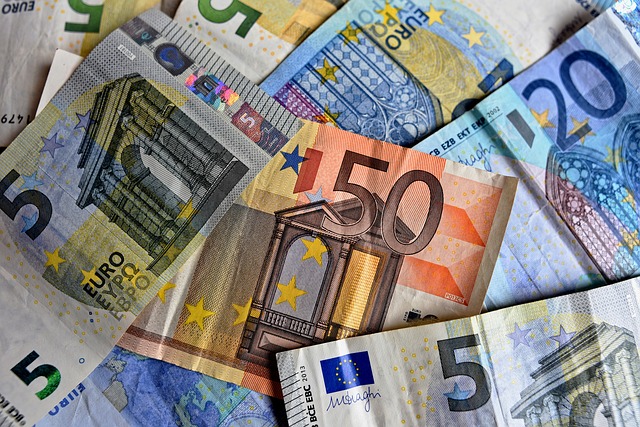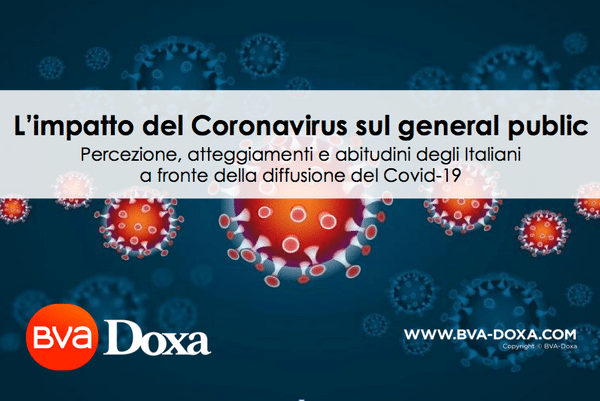
Irish give more to help the homeless than any other country
April 1, 2020
New Fundraising Act comes into force in Finland
April 1, 2020New research published today finds that 24% of Italians online (an estimated 10-12 million people) have donated to a COVID-19 related cause and a further 35% intend to do so.
Valeria Reda, institutional & social surveys senior research manager at BVA Doxa, said:
“When you consider that our annual tracking study suggests that only 26% of the Italian public donated to good causes in 2019, the fact that the majority of respondents say they have supported good causes related to the virus or are willing to do so is extremely positive. The question now is how this might impact donations for the remainder of 2020 and what does this mean for charities and NGOs that don’t directly address the coronavirus.”
BVA Doxa carried out its web-survey of 1,000 online panellists between 20-23 March 2020, asking the public about various aspects of everyday life during the COVID-19 pandemic. The aim of the survey was to identify changes in consumer habits due to the lockdown, gathering opinions and attitudes towards the media, finance, government and charitable giving over this exceptional period.
Italians were asked if they had made a donation in response to the coronavirus emergency during the past month, when the virus first hit Italy. Almost one quarter (24%) of all respondents answered affirmatively that they had donated to at least one of the following: directly to a hospital (7%), funding civil protection (7%), responding to a crowd-funding appeal (6%), donating to an NGO in Italy or abroad (6%) or buying medical materials or food/beverages to help doctors/nurses in hospitals (4%). Moreover, 35% of people surveyed replied that they haven’t donated yet, but that they intended to do so in the coming weeks.
Each year, BVA Doxa releases tracking data covering the level of charitable giving in its ‘Italiani Solidali’ reports. In the most recent 2019 edition, 26% of Italians said they made at least one donation in the year, including single donations, SMS gifts, purchasing of NGO products or regular donations. Of those, 61% said they supported medical research and/or medical assistance, equating to around 8.3 million people (aged 15+).
Reda added:
“We know that Italians are particularly sensitive to emergencies, reacting with great generosity and immediacy when money is needed for earthquakes or other major national or local tragedies. It has yet to be seen whether this increase in giving will be additional to donors’ typical giving patterns or – as has been the case in the past – whether this will replace their usual charitable gifts. We’ll be reporting back on this in our next Italiani Solidali 2020 edition, the fieldwork for which is planned for the second half of October, with delivery of the results to subscribing NGOs from the end of November.”




